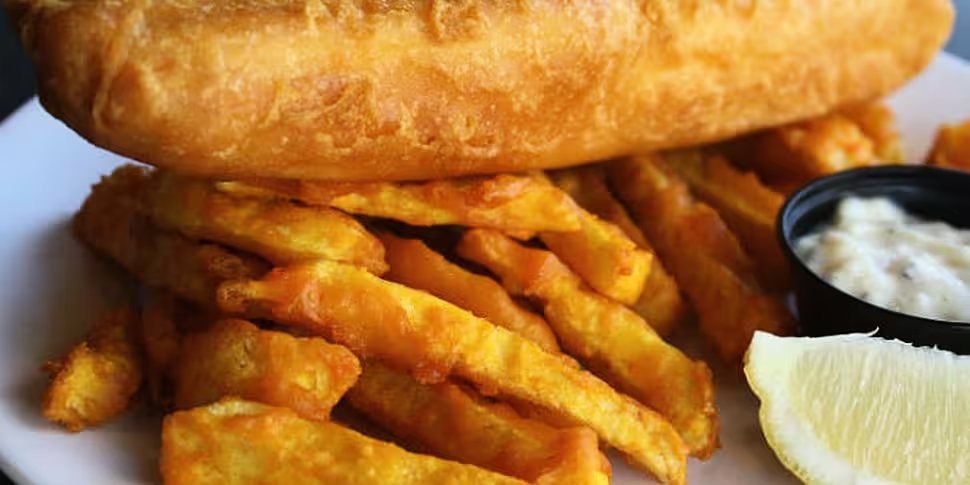The European Parliament has voted to tighten up official food inspections and combat fraud.
New rules will see regular unannounced checks along the supply chain and mandatory testing, as well as increased penalties for those committing fraud in the food industry.
The measures are set to come into effect from late 2019 and aim to avoid situations such as the horse meat scandal that rocked Europe in 2013 and resulted in meat products being pulled off shelves across the union.
Karin Kadenback, the Austrian socialist MEP who introduced the law, said:
"Food in Europe must be zero risk and safe."
Sinn Féin MEP Lynn Boylan cited fish fraud as one huge cause for concern:
"Particularly with fish, lots of people who go into their fish and chip shop on a weekend and are getting their battered 'cod', it's probably not cod, it's probably pangasius [a large shark catfish] or another cheaper cut of white fish. And the profit margins for those who committing the fraud is huge.
"I'm not saying that it's the takeaway that's doing that," she continued. "If they're buying the fillets, it's who's supplying the fillets. And that's why it's important to have the entire food chain tracked and traced."
Boylan also singled out herbs and spices being imported from outside the EU as the biggest problem:
"So for example, your cumin seeds, various herbs. Dried herbs that, when they're broken down, are shown to hold very small percentages of what you actually thought you were buying.
"Once the food is processed, it's much easier to commit the fraud. So in some cases, it might be that 20% of your cumin powder is not cumin powder, it's dried-up bark of some sort."
Counterfeit goods
Meanwhile, a new report to mark World Consumer Rights Day found that the sale of counterfeit goods continues to rise as more people shop online.
According to the European Consumer Centres Network, 562 cases of counterfeit goods being sold online were reported to their offices around Europe between March and August of last year, with many believing that is the tip of an iceberg.









